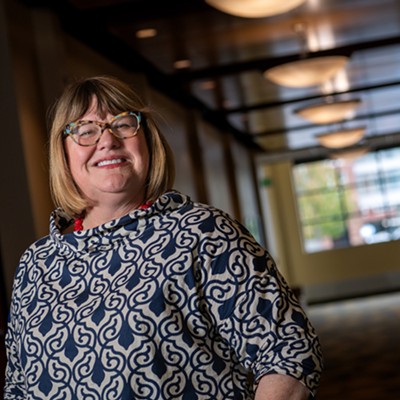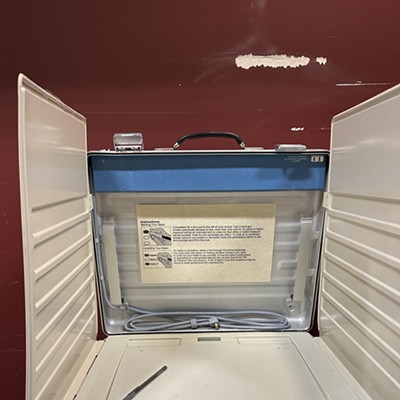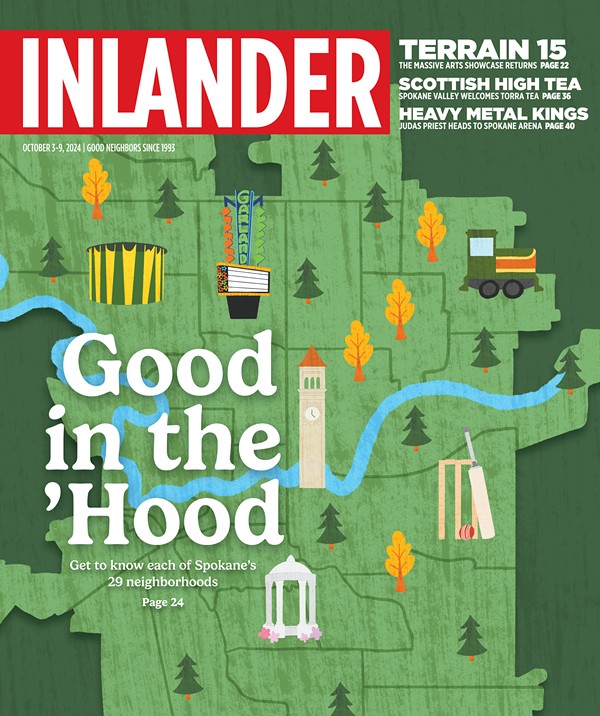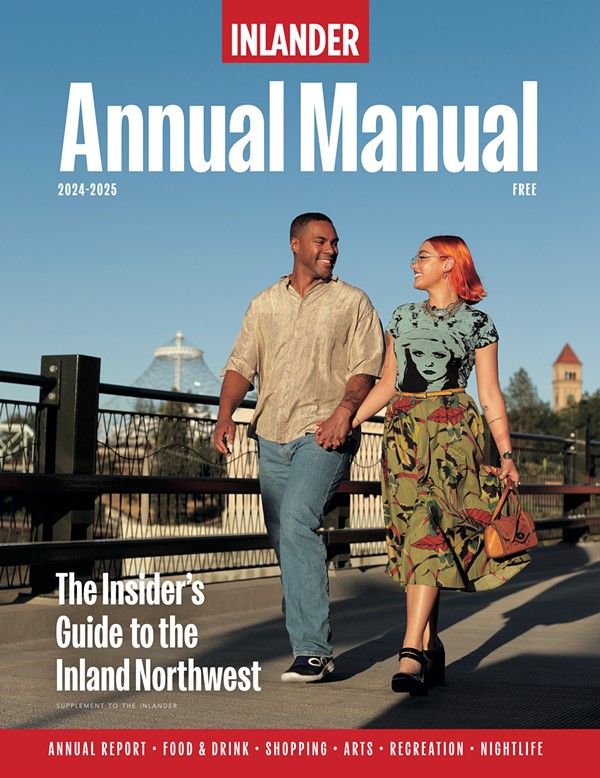Clapping and booing are banned during Spokane City Council meetings, so audience members sometimes stand silently to show support for speakers or turn their backs to show opposition. Council members banned the practice last week, arguing that it can be distracting and intimidating to other audience members. The new rule was immediately controversial, and on Monday, members of Spokane Community Against Racism threatened to sue the city of Spokane over the standing ban, arguing that it violates state law and the U.S. Constitution. Standing during public meetings, they argued, is a form of silent dissent and protected political speech. Natasha Hill, a Spokane attorney working on behalf of SCAR, wrote that there appears to be a "pattern by City Council of adopting rules attempting to suppress the speech of specific individuals or organizations and their viewpoints." During Monday's meeting, several activists stood silently, prompting the council to go into two five-minute recesses while they attempted to negotiate with the activists. Council members eventually voted to temporarily suspend the standing rule and revisit it later so the meeting could proceed. Citing disruption, council members also suspended Monday's open public comment period. (NATE SANFORD)
SMOKE READY
Gonzaga University's Institute for Climate, Water and the Environment last week received a $1.1 million grant award from the Environmental Protection Agency to help prepare Spokane for wildfire smoke. In partnership with the city of Spokane, the Spokane Regional Clean Air Agency and the University of Washington, Gonzaga will help reduce indoor exposure to wildfire smoke, with a focus on upgrades to the Martin Luther King Jr., West Central and Northeast community centers. In addition to HVAC upgrades, public health education and air quality monitoring, the team will help create smoke readiness plans for buildings and communities. Under the "Smoke Ready Spokane" project, computer scientists will also develop on-site dashboards that can display real-time air quality using sensor data. "The Gonzaga Climate Institute exists to help our community understand and respond to our rapidly changing climate," says Brian Henning, the institute's director. "We are proud to lead this citywide collaborative effort to expand preparedness for wildfire smoke." (SAMANTHA WOHLFEIL)
RISING TUITION
Washington State University will become more expensive for students next academic year. Last week, the WSU Board of Regents voted to increase tuition by 3% — the highest increase they were legally allowed to make. This increase applies to all students, regardless of their residence status. For a full-time undergrad with resident status, annual tuition will increase $329, from $10,976 to $11,305. For nonresident undergrads, annual tuition will go up about $830. Tuition will not be raised for students in the university's Doctor of Pharmacy, Doctor of Veterinary Medicine, or Master of Nursing programs. Regents claim that the increase stems from salary increases that faculty and staff received last year, amounting to nearly $40 million. They also point to the costs associated with their first contract with the Academic Student Employee union — which was agreed to last week and will cost an estimated $15.7 million in wages through fiscal 2026. (COLTON RASANEN) ♦






















